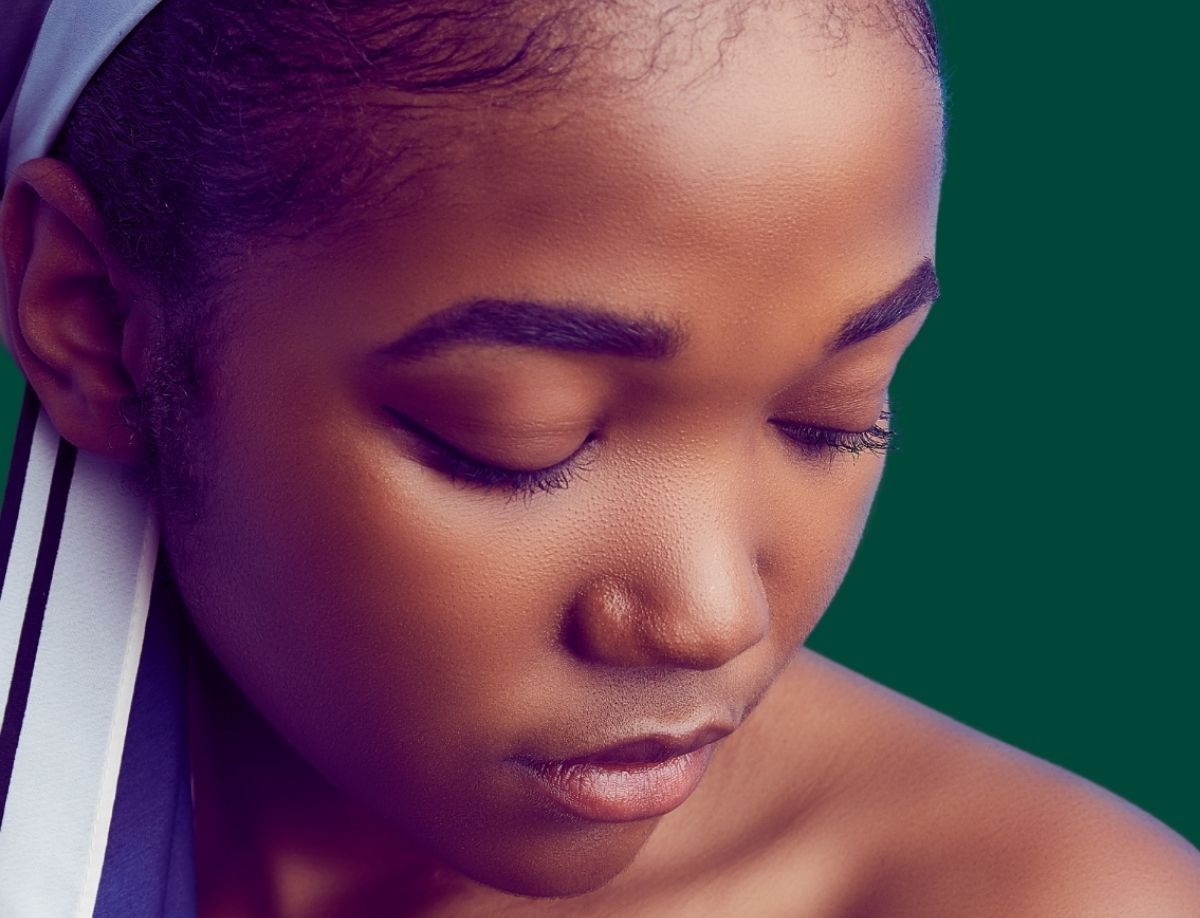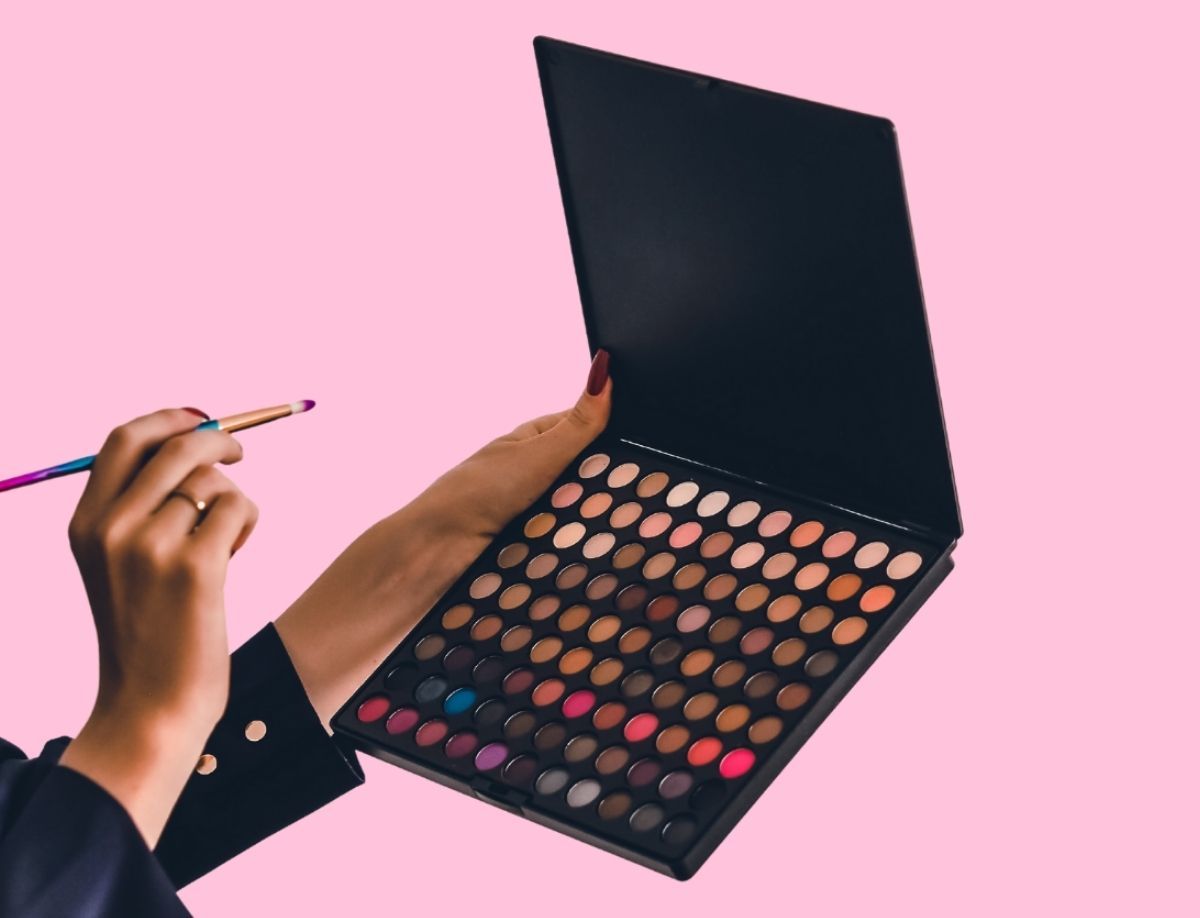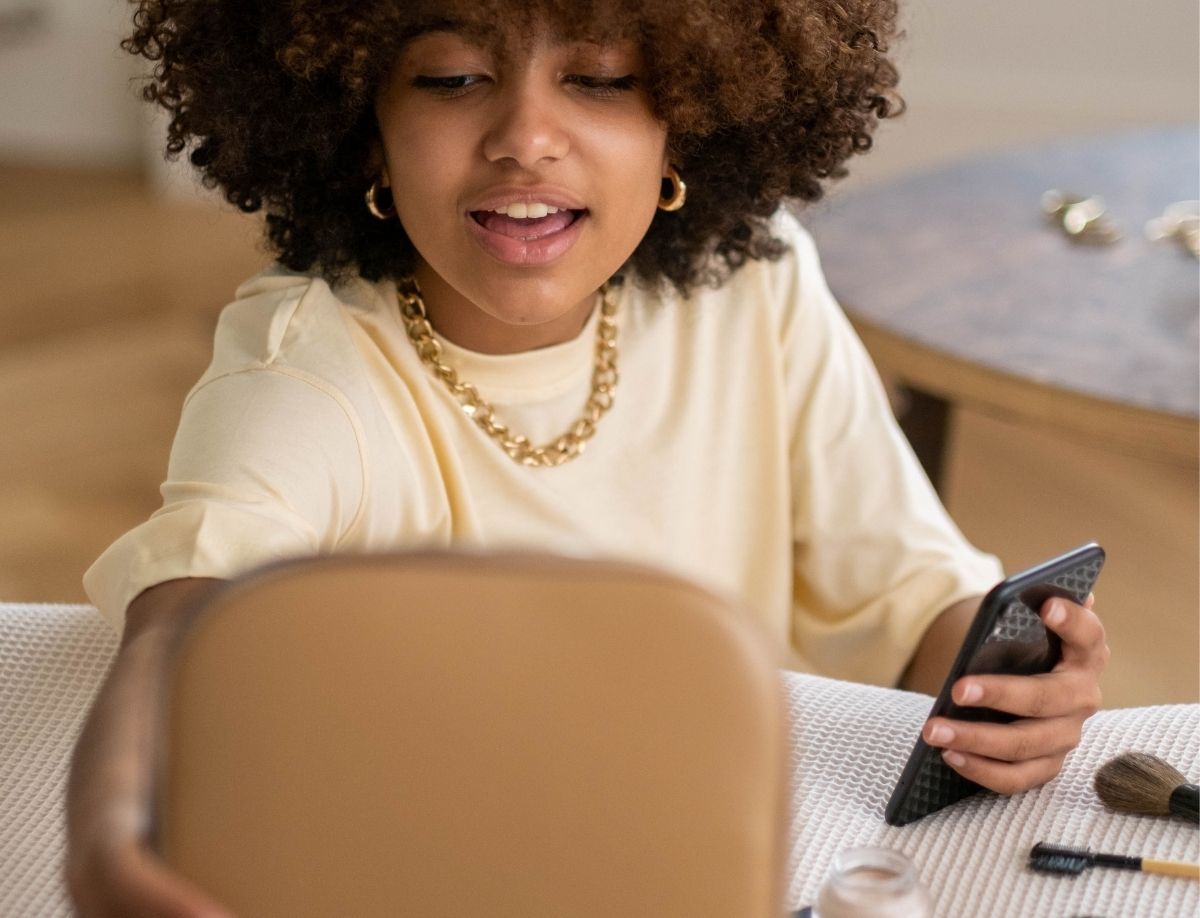The Fifteen Percent Pledge Is Advancing Diversity in Retail—One Store At A Time
Richard Block
Nov 10, 2021 · 3 min read
About fifteen percent of Americans are Black or mixed-race. Yet Black-owned brands don’t represent fifteen percent of products sold in retail stores. In most stores, it isn’t even close.
But a movement led by a trio of women of color is attempting to change that by appealing to retail businesses.
On its website, the Fifteen Percent Pledge initiative calls on business to commit a minimum of fifteen percent of purchasing power to Black-owned businesses. It also hosts a directory of Black-owned brands across a variety of industries, and provides a starting point for consumers who wish to increase their support for Black-owned companies.
 Photo by Audrey M Jackson
Photo by Audrey M Jackson
The initiative “was initially conceived by members of the retail and fashion industries, with an eye towards mobilizing large multi-brand retailers to grow their share of shelf space dedicated to Black-owned businesses,” per the site.
Multi-brand retailers means companies like Ulta, Nordstrom, and Sephora. All three of those retailers have publicly taken the pledge. So have Macy’s, Madewell, Gap Inc. (owner of The Gap, Banana Republic, Old Navy, and Athleta), Crate & Barrel, and several more.
The Fifteen Percent Pledge was launched in 2020 by Aurora James, owner of shoe brand Brother Vellies, after seeing people of color, particularly Black people, repeatedly subjected to injustice and police brutality.
As protests of brutality and injustice increased in number and intensity during 2020, many companies stated their support. Corporate social media accounts posted messages of solidarity. But Ms. James did not feel supported, she told the New York Times.
So she came up with the Pledge as a way for companies to support Black communities in a tangible way. Her idea was to grow Black-owned brands and attract investment that would benefit Black businesses and communities, she told the Times.
Ms. James came up with the Pledge on May 29, 2020, the Times reported.
In the Pledge’s early days, according to glossy.co, James and her team performed external audits of major retailers, and the highest level of representation they found was three percent.
By June 10, less than two weeks later, Sephora had signed up to the Pledge.
At that time, Sephora carried products from seven Black-owned brands, out of 290 brands in total. At the time of writing, in November 2021, the company website listed 16 (including two Fenty brands) and had announced at least two more.
 Photo by Laura Chouette
Photo by Laura Chouette
In addition, the site said: “By the end of 2021, we will have doubled our assortment and achieved the 15 percent benchmark in the hair-care category.”
Furthermore, Sephora’s online store now has a section featuring Black beauty brands exclusively, and the Sephora Accelerate program has turned its focus to supporting and nurturing brands founded by people of color.
Rival heavyweight Ulta has also joined the Pledge, signing up in June 2021. In September, Ulta announced the MUSE 100, a program in which 100 Black beauty innovators were selected to receive $10,000 grants to accelerate their influence.
 Photo by Ron Lach
Photo by Ron Lach
The Fifteen Percent Pledge isn’t limited to large multi-brand chain stores. The organizers encourage small businesses and individuals to take steps to diversify their product ranges, supply chains, and consumer decisions. The ultimate goal: to ensure that business success is shared equitably among all of the communities making up America.
In summer 2021, Ms. James went on NPR’s All Things Considered, along with Sephora head of merchandising Artemis Patrick, to discuss how the Pledge was doing one year after its inception. She pointed out that there was still a lot of work to be done, and that some companies had declined to participate.
But she said she was “focusing and doubling down on the ones that are willing to do this work and not just right now, for the long term.” And she expressed enthusiasm for the ground the Pledge has gained.
“[T]hrough our pledge takers and their contractual commitments with us, we've ensured now that over $4 billion is going to be going to Black entrepreneurs across this country over the next two years,” she told host Michele Martin. “That’s a huge, huge, huge thing.”
Written by
Richard Block
Richard Block is an editorial jack-of-all-trades at Goldn
Connect with Richard Block on LinkedIn.
It’s no secret that technology is revolutionizing the way the cosmetic and personal care industry operates, from product development to distribution. Here are a few key ways in which digital innovation is disrupting the cosmetic supply chain and product innovation
Jan 20, 2023 · 4 min read
In this article, we look at how the sense of smell is linked to consumer loyalty and what steps you need to take to select the right scent for your product.
Oct 11, 2022 · 4 min read
The data-powered SaaS platform for cosmetic creation just got better—now with transactions!
Jun 2, 2022 · 2 min read